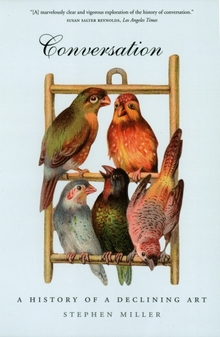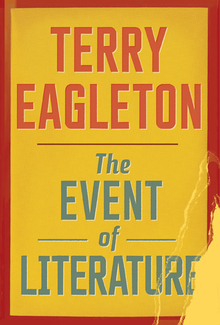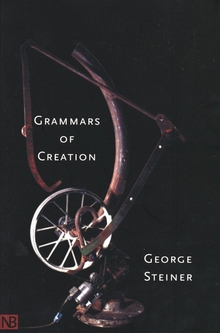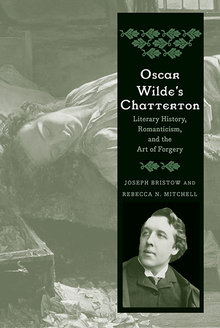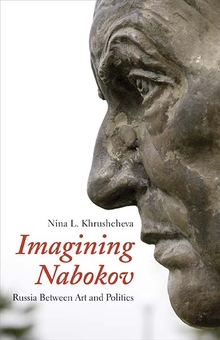Conversation
WARNING
You are viewing an older version of the Yalebooks website. Please visit out new website with more updated information and a better user experience: https://www.yalebooks.com
A History of a Declining Art
Stephen Miller
Essayist Stephen Miller pursues a lifelong interest in conversation by taking an historical and philosophical view of the subject. He chronicles the art of conversation in Western civilization from its beginnings in ancient Greece to its apex in eighteenth-century Britain to its current endangered state in America. As Harry G. Frankfurt brought wide attention to the art of bullshit in his recent bestselling On Bullshit, so Miller now brings the art of conversation into the light, revealing why good conversation matters and why it is in decline. Miller explores the conversation about conversation among such great writers as Cicero, Montaigne, Swift, Defoe, Lady Mary Wortley Montagu, and Virginia Woolf. He focuses on the world of British coffeehouses and clubs in “The Age of Conversation” and examines how this era ended. Turning his attention to the United States, the author traces a prolonged decline in the theory and practice of conversation from Benjamin Franklin through Hemingway to Dick Cheney. He cites our technology (iPods, cell phones, and video games) and our insistence on unguarded forthrightness as well as our fear of being judgmental as powerful forces that are likely to diminish the art of conversation.
“In this marvelously clear and vigorous exploration of the history of conversation, Stephen Miller writes that 18th century England, with its coffeehouses and clubs, was the heyday of the art. . . . Miller says . . . conversation is one of the finest ways to form the ties of friendship. Without it, there is solitude, which leads to brooding, which leads, he warns, to fanaticism. Just what we don’t need.”—Susan Salter Reynolds, Los Angeles Times
"[An] engaging study. . . . Drawing on research and a prodicious amount of reading, Miller traces the history of conversation from Plato's cave to the cafés of Vienna, to its nadir in reality TV, where we watch conversations—bad ones—rather than have them."—John Freeman, Newark Sunday Star-Ledger
"In its disarming fashion, Miller's book has some harsh things to say about the home of free speech. ... His proper distaste is for the calculated vulgarity of those who should know better." - Will Cohu, The Daily Telegraph
"Miller is engaging and informed on the verbal public sphere promoted by the likes of Johnson, Swift and Hume." - Brian Dillon, The Financial Times Magazine
'Miller takes us on a lightning ride through 2,500 years of attitudes towards the subject... [This] book is important in alerting us to the value of a kind of exchange too often dismissed as "having a chat".' - Alain de Botton, The Times
"In Conversation, Mr. Miller takes the reader from the Book of Job (with God as an interlocutor) and ancient Greece, to the 18-th century coffeehouses an salons of Britain and France, and then on to the era of The Jerry Springer Show. . . . [He] makes many fine points about what he sees as the current decline [in conversation]."—Moira Hodgson, Wall Street Journal
"Miller's playful, sometimes mischievously imprecise style serves the double purpose of keeping the reader entertained while displaying the very qualities that go into the making of 'good conversation.'"—Russell Baker, New York Review of Books
"Conversation has been written about many times over the last three centuries, but just now, awash as we are in what Stephen Miller calls, ‘conversational avoidance devices,’ the subject seems refreshingly relevant."—Barton Swaim, Weekly Standard
‘This is a charming and elegiac look at what we have lost’---Ross Leckie, The Times
“While the book is written for the general reader, Miller packs it with historical information and readings of a wide range of authors, from Plato to Miss Manners. The result is a refreshing tour of the conversable world. In keeping with the aesthetic values of conversation, his own writing is both clear and witty.”—Tom D’Evelyn, Christian Science Monitor
Publication Date: June 21, 2007

